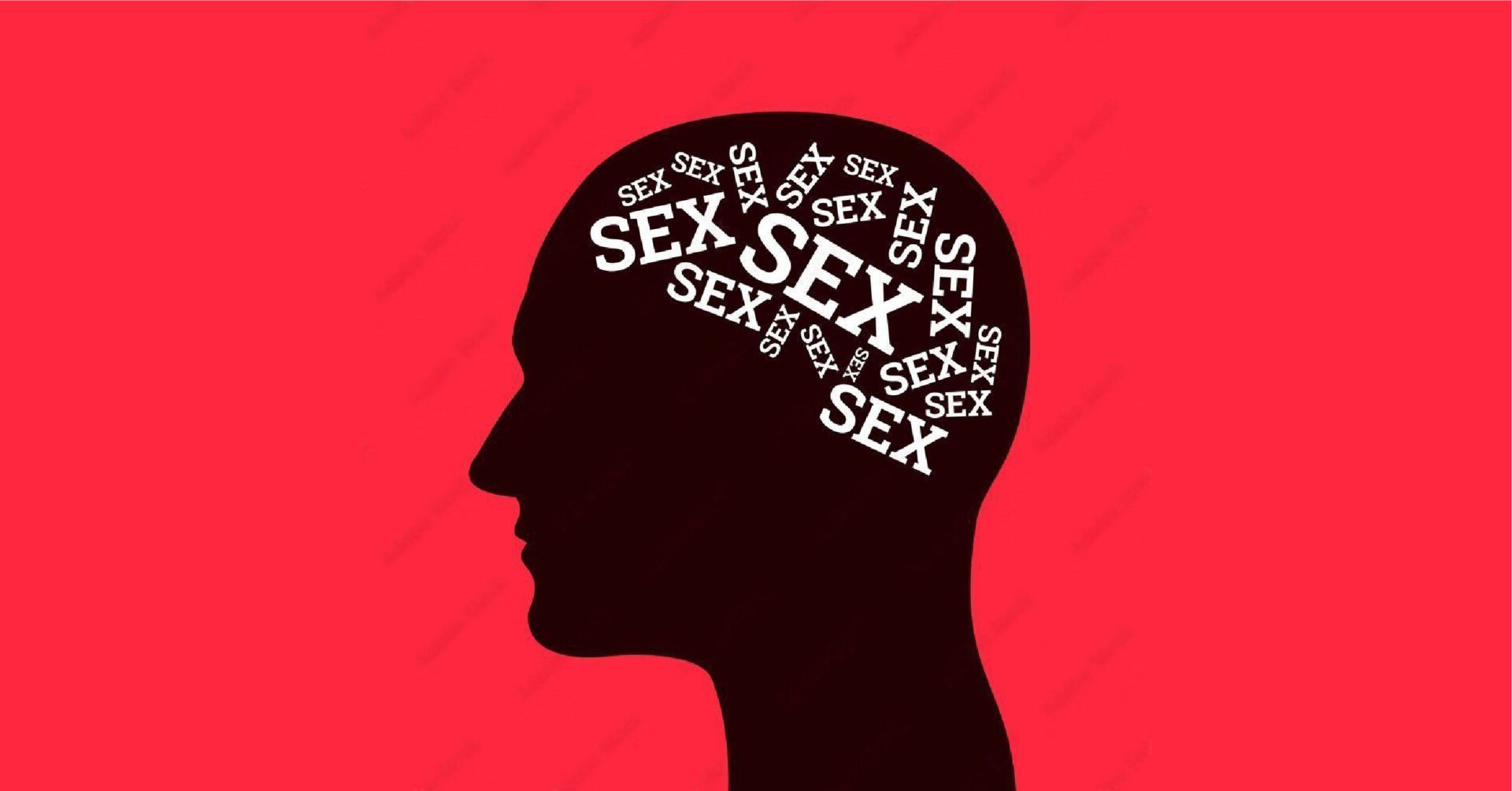Dissociative Identity Disorder Quiz
A Dissociative Identity Disorder (DID) quiz evaluates experiences of dissociation, memory gaps, and shifts in identity. Seeking professional help is essential if you suspect you may have DID, as it requires specialized treatment and support.


Time is Up!

Time's up
Who can take this quiz?
This quiz is intended for individuals who suspect they might be experiencing symptoms associated with Dissociative Identity Disorder (DID) or those curious about the condition. It’s also relevant for people who have experienced significant trauma and are noticing memory gaps, changes in identity, or other dissociative symptoms.
What purpose does this quiz serve?
The quiz serves as a preliminary tool for individuals to self-assess symptoms that may be indicative of Dissociative Identity Disorder. Its primary aim is to provide insight into the user’s experiences that align with DID symptoms, thereby encouraging individuals to seek a professional evaluation for an accurate diagnosis and appropriate treatment options. It’s designed to raise awareness about DID and to help users identify if their experiences warrant further investigation by a mental health professional.
What is meant by "Dissociative Identity Disorder Quiz"?
The name of the quiz explicitly states its focus on Dissociative Identity Disorder, a complex psychological condition characterized by two or more distinct personality states or identities within a single individual. The tool is intended for personal reflection on symptoms commonly associated with DID, facilitating initial self-awareness and consideration of professional consultation.
How does the Dissociative Identity Disorder Quiz work?
The quiz operates by presenting a series of questions that reflect common symptoms and experiences associated with DID, such as memory gaps, presence of multiple identities, and feelings of detachment. Users respond based on their personal experiences, usually with “Yes” or “No” answers. The responses are then evaluated against a scoring methodology to suggest whether the patterns of experiences align with those commonly reported by individuals with DID. It’s a starting point for recognizing possible symptoms of DID and emphasizes the importance of seeking professional help for a thorough assessment and guidance on treatment.
General Frequently Asked Questions
DID is a complex psychological condition characterized by the presence of two or more distinct personality states or identities in an individual, along with gaps in memory about everyday events, personal history, or identity.
Diagnosis involves a detailed evaluation by a mental health professional, including interviews and, in some cases, psychological testing. The process is thorough to differentiate DID from other mental health conditions and to understand the individual’s experiences fully.
DID is often linked to severe trauma during early childhood, usually extreme, repetitive physical, sexual, or emotional abuse.
Treatment for DID typically involves psychotherapy aimed at integrating the separate identities into one primary identity. Therapy also focuses on addressing the trauma that led to the development of DID. Medications may be used to treat co-occurring conditions like depression or anxiety.
- International Society for the Study of Trauma and Dissociation (ISSTD): https://www.isst-d.org/
- Sidran Institute: https://www.sidran.org/
- National Alliance on Mental Illness (NAMI): https://www.nami.org/
Need a customized plan?
Disclaimer: According to an individual’s case severity, the sessions might vary.


